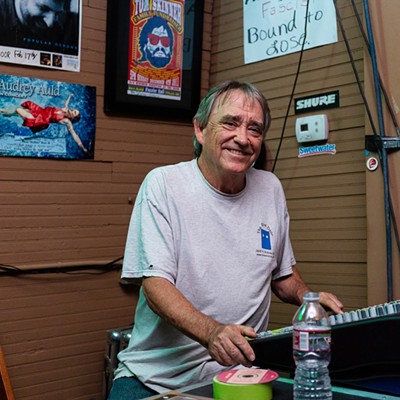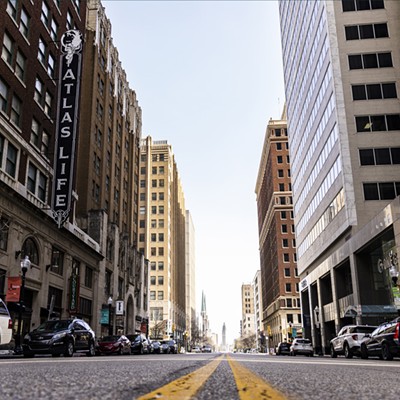
Not a bad percentage, said Dr. Steven Coupens, who along with fellow Oklahoma Sports Science and Orthopedics physician Dr. Robert Hines, will supervise the physical well-being of athletes during the London games.
Coupens is team physician for USA Cycling, and Hines is back as team physician for USA Wrestling. Each has three separate groups: Coupens’ cyclists are divided into road racing, velodrome and BMX, and Hines oversees freestyle, Greco and women’s wrestlers.
Beginning this weekend, it’s a month on the road, which means a month away from their practices.
And that means money. “No doubt it’s a sacrifice,” Coupens said. “Your nurses still want to get paid. It’s a huge money-losing proposition, but it’s worth it.”
Hines agreed. “It’s all volunteer for us. We lose quite a bit of money. It’s a huge financial hit, but money’s not everything.”
The U.S. Olympic Committee takes care of air fare, lodging and food.
“I do it for the love of taking care of U.S. athletes,” Coupens said.
On call
Coupens and Hines each were at the 2008 Olympics in Beijing. Coupens was with the U.S. swimmers and Hines was with the wrestlers.
Each team has its share of athletes, trainers, massage therapists and others, and the doctors are there for all of them.
“I’m an orthopedist, but there are a lot of things going on,” Coupens said. “They get colds, have ‘road rashes’ and other ailments. Not all are related to cycling. And it’s not just taking care of the athletes. All staff members can get sick.”
Traveling abroad is nothing new for either; both have medically supervised various competitions all over the world.
The physicians are on call 24/7. “We keep ourselves very visible,” Hines said.
There’s little time for sightseeing. “It’s up at 5 a.m. and work till midnight,” Hines said. “It’s an extremely busy time. During the Beijing Olympics, I got out of the Olympic Village twice in three weeks. It’s a lot of work.”
‘It’s a privilege’

Hines is familiar with wrestlers and the training they endure.
“I’ve taken care of the [University of Oklahoma] team for 18 years and have been involved with University of Central Oklahoma, and I’ve been with the USA team for many years,” Hines said. “I was a wrestler in high school and college. I’m in a good position to do this. They want someone who knows the sport. I know the athletes and know what they’re going through. They trust me and respect me.”
The freestyle wrestling team likely will bring home a lot of medals, and the women’s team has a shot at multiple successes.
Two ex-OU wrestlers — Jared Frayer and Sam Hazewinkle — and former Oklahoma State University wrestler Coleman Scott are on the team. OSU coach John Smith is one of the Olympic coaches, along with Michael Lightner, who wrestled at OU and is now assistant wrestling coach at the college.
Coupens said it took some luck to get to his position at the games, although he’s spent 20 years with athletes in different sports.
“There were tremendous amounts of people years ago who put their name in the hat for this,” he said. “The Olympic Committee pulls the names and the process starts.”
Like the athletes, performance is key for physicians.
“If the Olympic Committee likes you and the athletes like you, you keep on doing it,” he said.
The memories will last a lifetime, Coupens said.
“I make a lot of close friends through this,” he said. “I’ve hooked up with cyclists on long rides. It’s a privilege to take care of them.”











